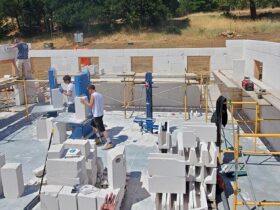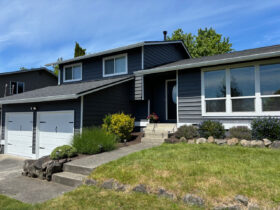Prompted by concerns over the collapse of Champlain Towers South condominium in Surfside, Florida, New Jersey enacted NJ law S2760, which heightened the importance of preparing a reserve study in the state. Under this legislation, cooperatives and homeowners’ associations must conduct a NJ reserve study every five years to maintain property standards.
To comply with this requirement, HOAs must hire either a qualified reserve specialist or a professional engineer to perform the study. A reserve specialist is a special designation granted by the Community Associations Institute (CAI) and brings significant experience in conducting reserve studies. It is given to someone who has completed at least 30 reserve studies within three years and consistently adheres to the Professional Reserve Specialist Code of Ethics.
Reserve specialists are well-versed in financial modeling and can provide detailed projections of when major repairs or replacements will be necessary. Their expertise is financially focused, making them suitable for routine assessments where the primary concern is maintaining adequate reserve funding.
On the other hand, a professional engineer brings a more technical approach to the reserve study. Licensed by the state, professional engineers undergo rigorous education and training, including passing a state licensing examination. This background enables them to conduct thorough inspections of a property’s physical components, including complex systems like HVAC, electrical, and plumbing.
Moreover, structural engineers NJ specialize in identifying potential structural problems, such as cracks in foundations or signs of wear in building envelopes. Their expertise in addressing these problems helps prevent significant risks to a building’s safety and integrity.
NJ S2760 emphasizes the need for associations to uphold state standards through comprehensive reserve studies to meet state standards. Conducted by either a reserve specialist or a professional engineer, these studies support legal compliance and help protect the property’s long-term value. With expert guidance, associations can effectively plan for the future and position their reserve funds to manage the inevitable wear and tear of property ownership.
Read more about qualified reserve studies and NJ S2760 by reading this infographic by Lockatong Engineering.





